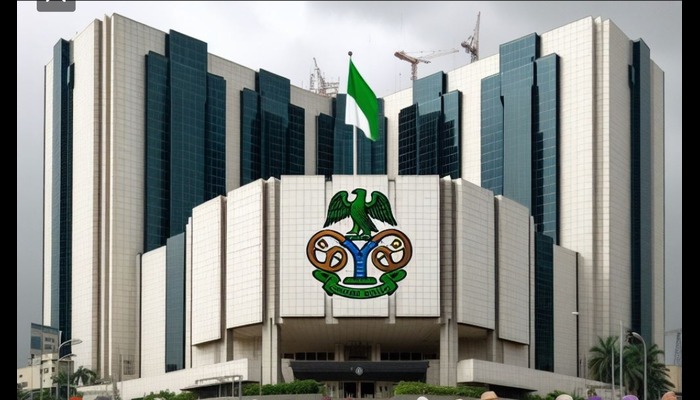BUSINESS &ECOMONY

CBN INJECTS $1.25BN TO SUPPORT FUEL IMPORTS AND OIL SECTOR DEALS
The Central Bank of Nigeria (CBN) has disbursed a total of $1.259 billion to operators in the oil sector for the importation of petroleum products and related commodities within the first quarter of 2025.
This release comes amid the continued insistence of petroleum marketers on importing fuel despite the availability of locally refined products from the Dangote Refinery.
Recent data from the Nigerian Midstream and Downstream Petroleum Regulatory Authority (NMDPRA) show that petroleum marketers imported about 69 percent of the 21 billion litres of petrol consumed in the country between August 2024 and the first ten days of October 2025.
Between January and March 2025, Nigeria imported 2.28 billion litres of petrol despite improved domestic output from the Dangote Refinery. Fuel imports remain one of the biggest consumers of foreign exchange, exerting pressure on the nation’s foreign reserves and the naira’s exchange rate.
The total volume represents one of the lowest quarterly import figures in recent years, indicating a gradual shift toward local refining and blending of petroleum products.
According to figures from the CBN’s Quarterly Statistical Bulletin for Q1 2025, a total of $1.26 billion was released for fuel import transactions. A breakdown shows that $457.83 million (36.2%) was disbursed in January, dropping to $283.54 million (22.5%) in February before rebounding to $517.55 million (41.3%) in March — the highest for the quarter.
Correspondingly, NMDPRA records indicate that 724.5 million litres of petrol were imported in January, 760 million litres in February, and 803.7 million litres in March.
The competition between the Dangote Petroleum Refinery and fuel-importing marketers has intensified in recent months, as both sides jostle for market dominance in the downstream sector.
While some marketers continue to rely on imports, the Dangote Refinery has been exporting petrol to countries including the United States. The 650,000-barrel-per-day facility maintains that it can meet Nigeria’s domestic fuel demand while also serving export markets.
Pricing, however, remains the key determinant for marketers’ purchasing decisions. Many operators in the downstream sector shift preference based on which source offers a better price advantage.
Confirming this, the National Publicity Officer of the Independent Petroleum Marketers Association of Nigeria (IPMAN), Chinedu Ukadike, said that marketers always source from suppliers offering the most competitive prices.
“In this business, pricing is everything,” Ukadike stated. “Marketers will always go for the most affordable option because our profit margins are very slim. If imported products are cheaper, we’ll patronise importers. But if Dangote’s refinery gives a better deal, we’ll buy locally.”
He noted that the price difference between local and imported products often depends on global crude prices, exchange rate fluctuations, and government policies.
“No marketer can afford sentiment when it comes to survival,” he added. “Our decisions are purely economic.”
Meanwhile, the latest Energy Bulletin released by the Major Energies Marketers Association of Nigeria (MEMAN) revealed a further reduction in the estimated import parity price of key petroleum products, reflecting persistent pressure from global oil prices and exchange rate instability.
The report noted that the import parity price of Premium Motor Spirit (PMS) had fallen to N805.46 per litre at the prevailing spot rate.
"This represents a significant development in our ongoing coverage of current events."— Editorial Board









